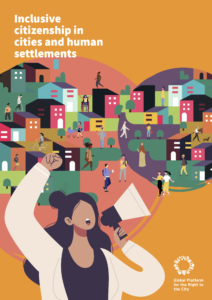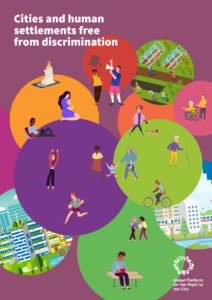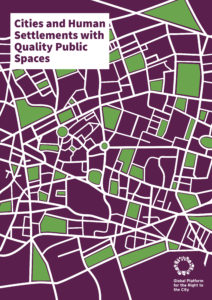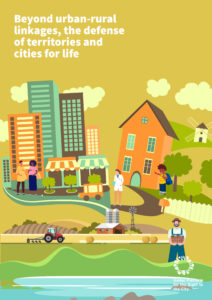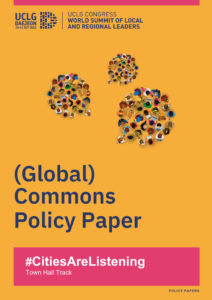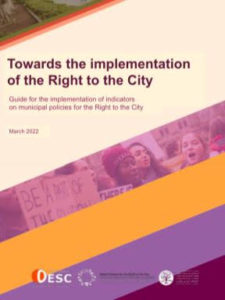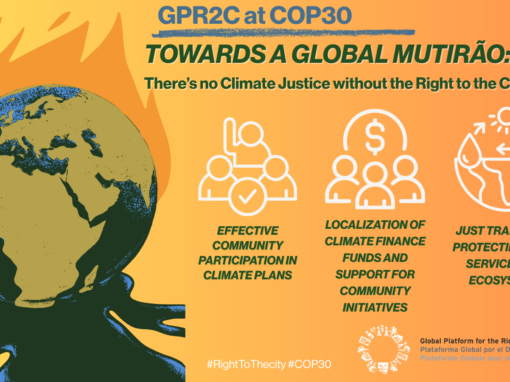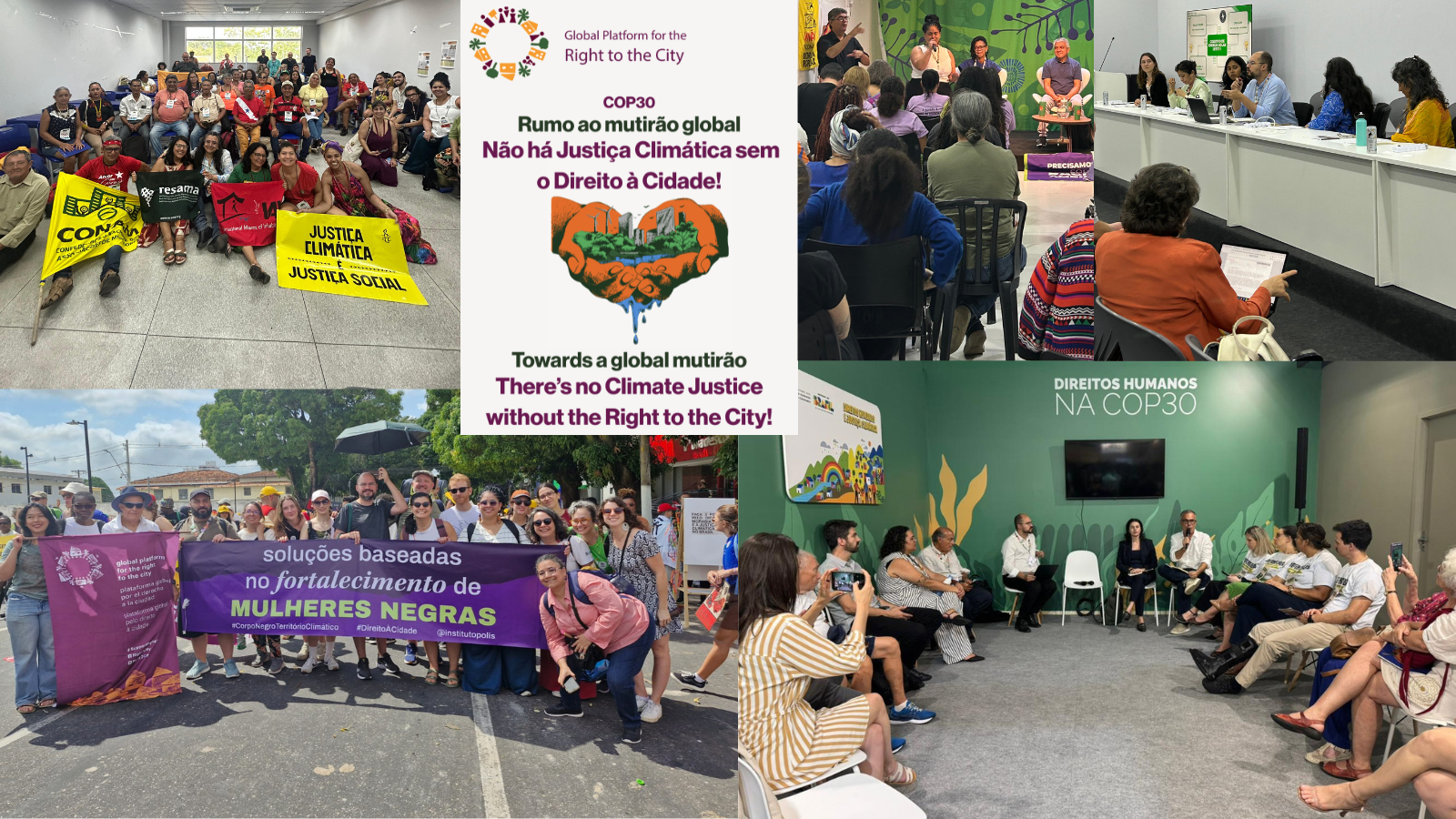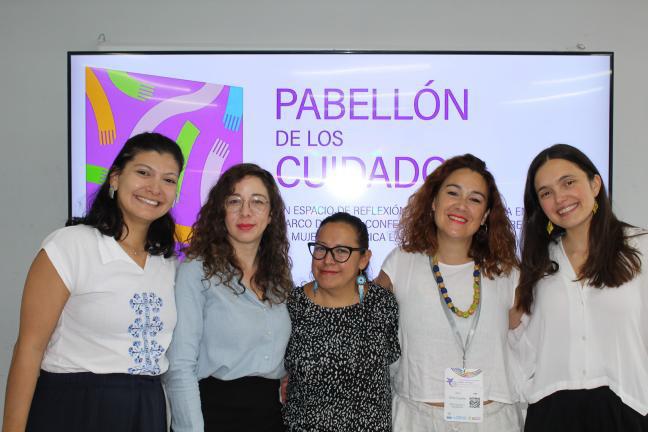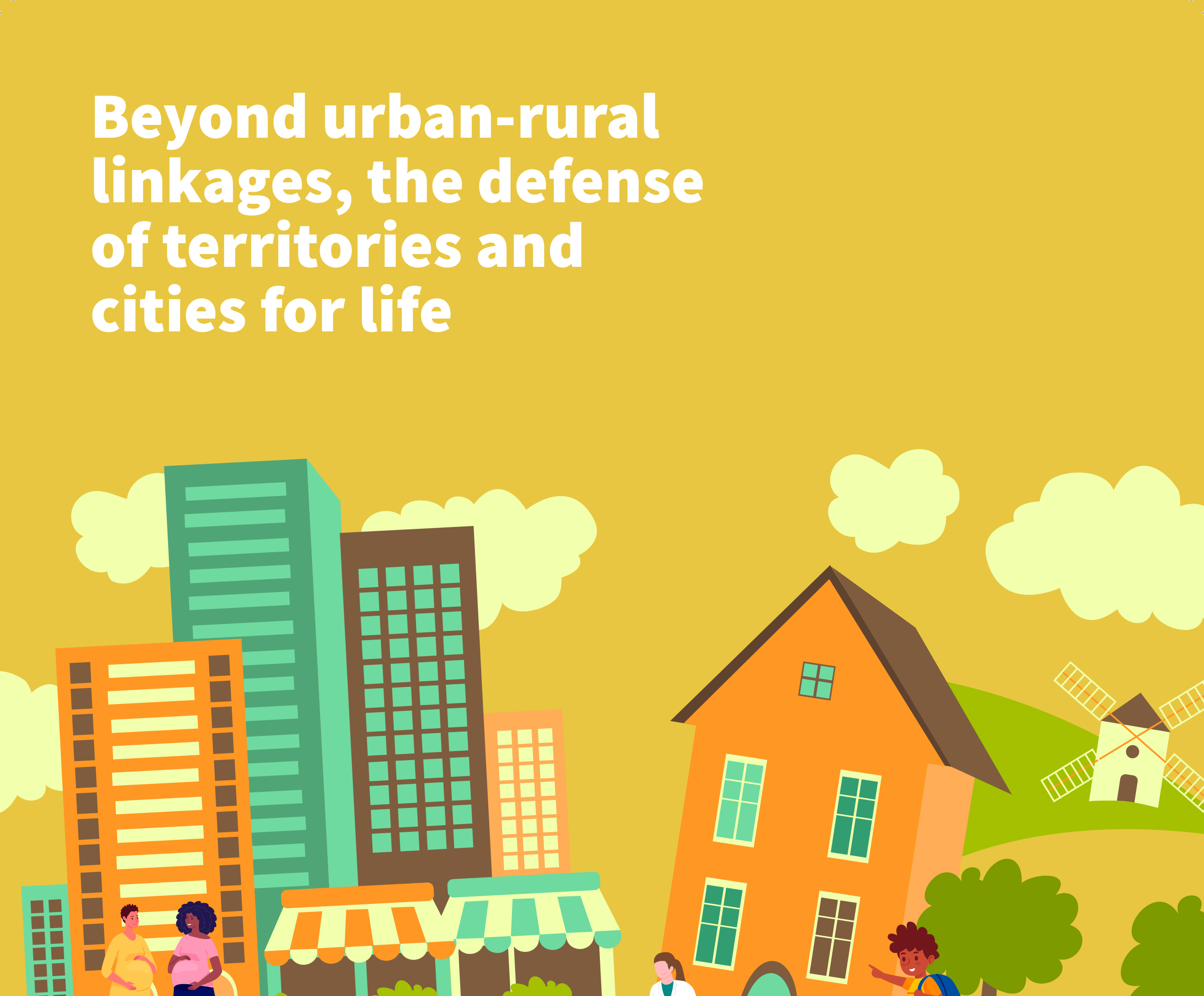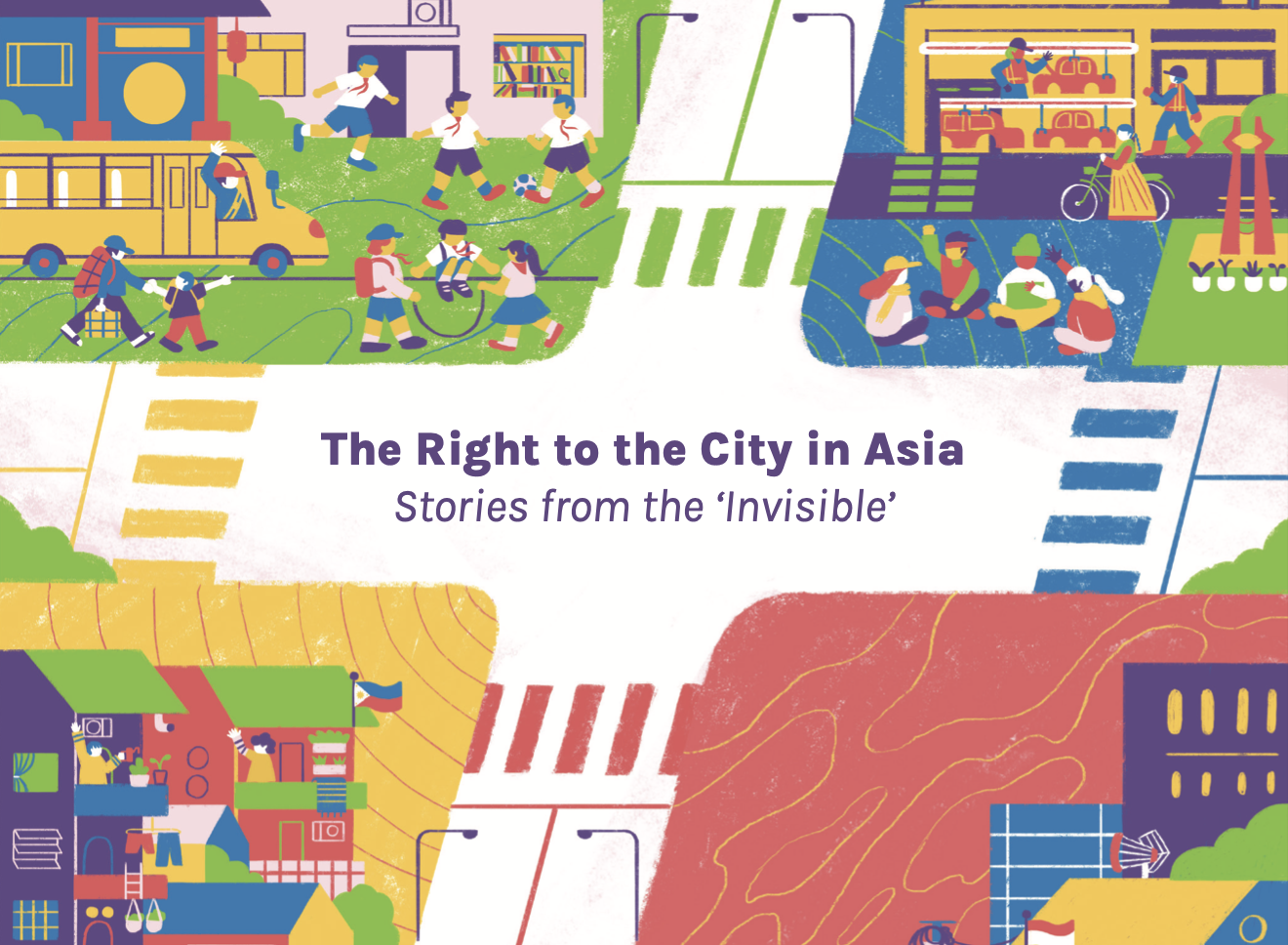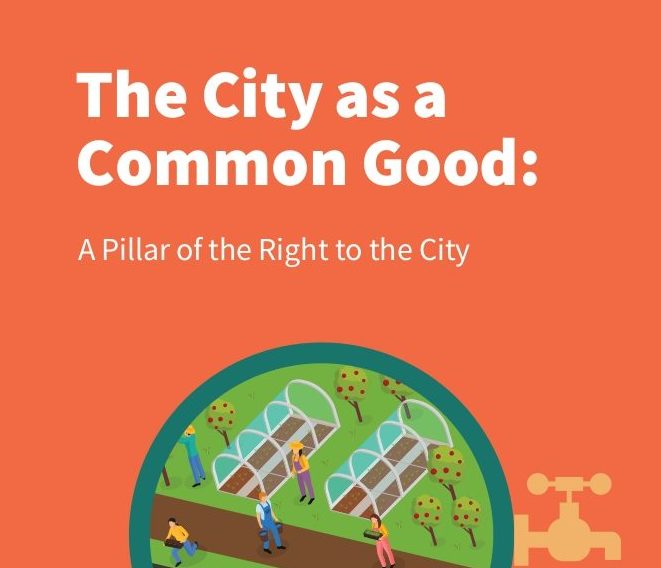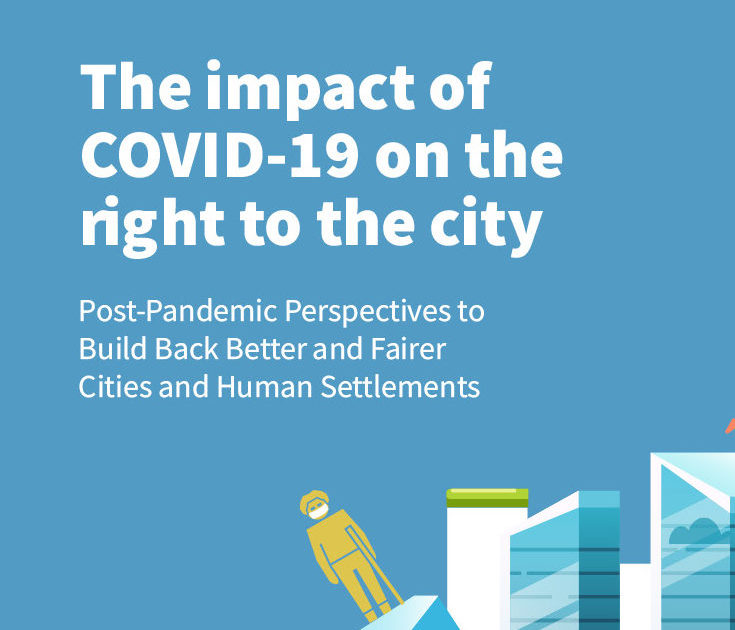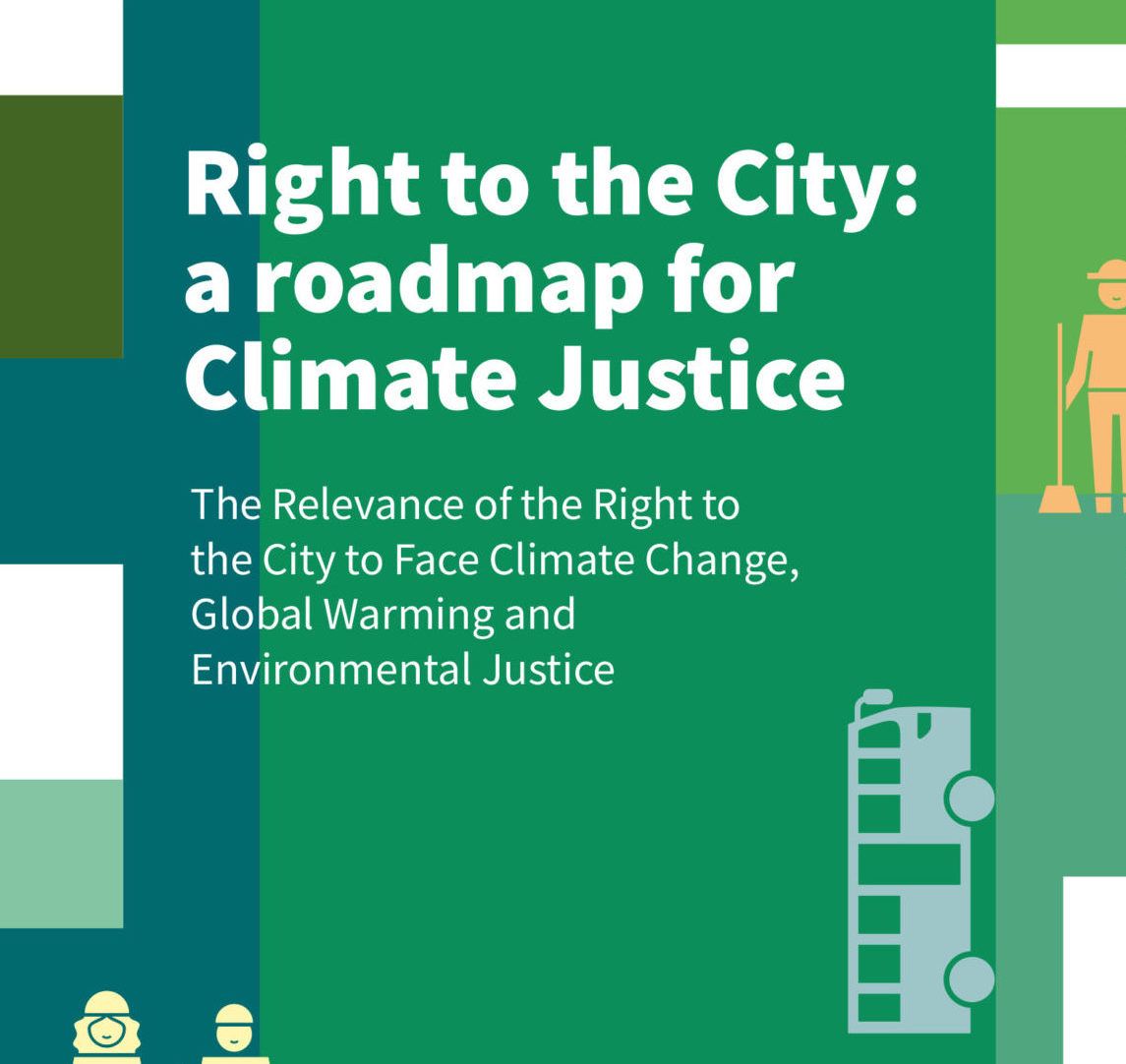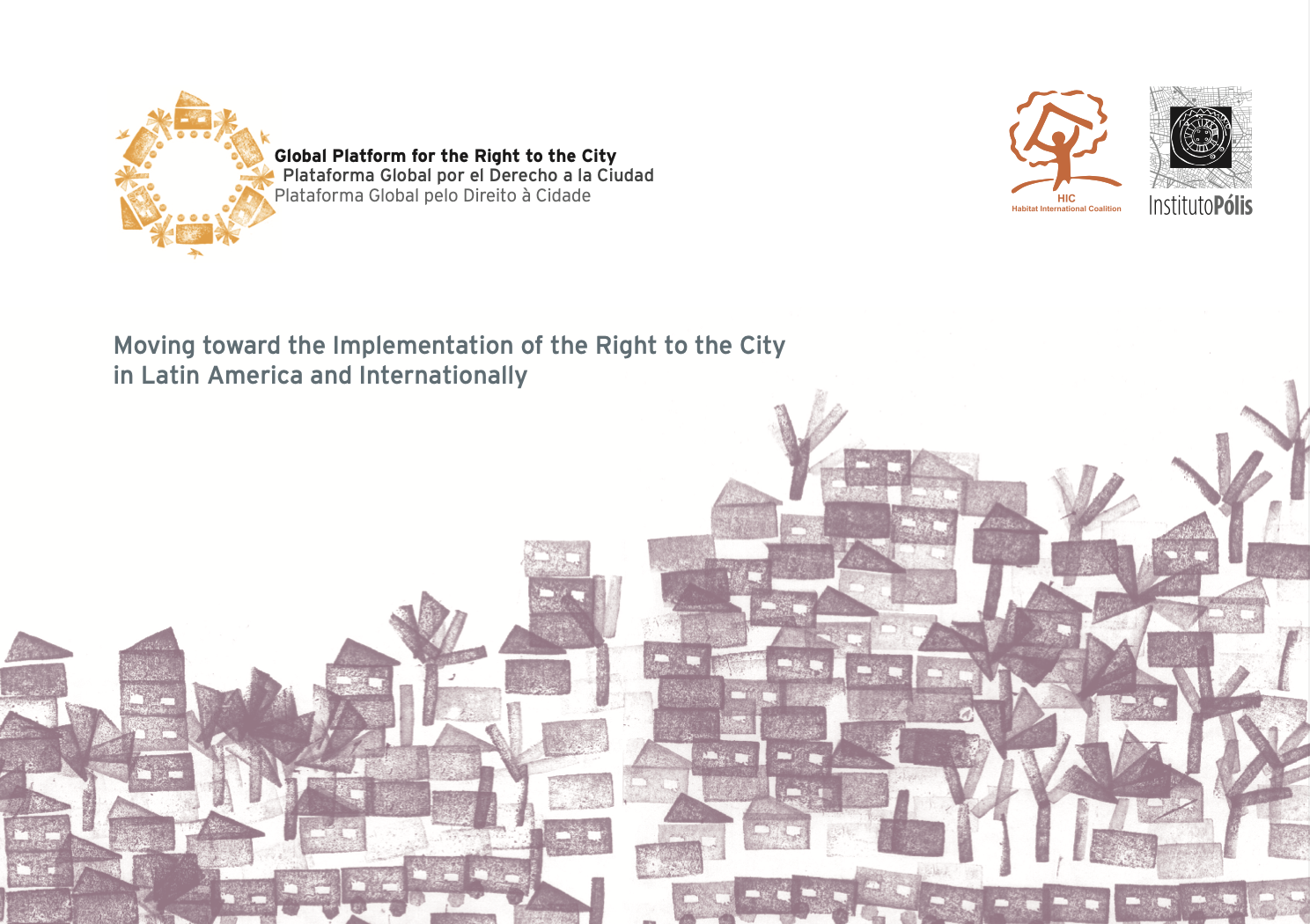

At the international level, our advocacy efforts were focused on three main international processes/gatherings:

a) the follow up of the New Urban Agenda (NUA) at the United Nations High Level Meeting (New York, April 2022); b) the 11th edition of the World Urban Forum (WUF) (Katowice, Poland, June 2022); and, c) the United Cities and Local Governments (UCLG) Congress/Town Hall, in articulation with the 12th World Human Rights Cities Forum (Daejeon and Gwangju, South Korea, October 2022).
At these events, GPR2C members engaged in critical dialogues with a broad range of civil society organizations, local and national governments reinforcing the understanding of the right to the city as a fundamental driver for social, territorial and environmental justice. Building on the legacy of the Habitat III process, we produced calls for an enhanced commitment by member States and key UN agencies to accelerate the NUA implementation through progressive policies and the fulfillment of human rights obligations.
The UCLG preparatory process and 7th World Congress were a key space for strengthening interaction and collaboration between civil society networks and the political leadership of the local and regional governments to define a shared vision and action plan for the years ahead. The GPR2C was in charge of facilitating the thematic Town Hall on the Commons, a month-long effort that resulted in a policy paper including key definitions, examples and recommendations to foster commoning practices that advance the right to the city and the municipalist agendas. A wide range of goods and services can be protected and reconfigured as commons: housing and land; food systems and agro-ecology; basic services (water and sanitation, energy, waste management, internet access); culture and education; knowledge, information and digital rights; safe and accessible public spaces and livelihoods; natural resources and ecosystems. The paper claims that these local initiatives play a crucial role to address the current socio-economic and ecological crises, while at the same time experimenting more democratic mechanisms for decision-making and collective management. (Find out the Commons paper below).


These advocacy efforts were accompanied by communication campaigns on social media that mobilized hundreds of organizations and activists around the world:
Furthermore, as always, the GPR2C joined and supported members and allies initiatives under the right to the city umbrella, such as: a) “Our neighbourhoods, our rights, our cities” Campaign for the improvement of neighbourhoods and popular housing in Latin America, to enhance local actions and strengthen strategic work, articulating in regional terms to make our voice heard and achieve the changes we need; b) The Transformative Cities 2021–2022 people’s choice award, an opportunity for progressive local governments, municipalist coalitions, social movements and civil society organizations to popularize and share their experiences of building solutions to our planet’s systemic economic, social, political and ecological crises; c) the process towards a new Chilean Constitution, an exciting historical political experience with the inclusion of the right to housing and the right to the city; d) the collaboration with Crítica Urbana, a magazine of urban and territorial studies for reflection and action.

At the same time, during this year several GPR2C members were also actively involved in collaborative learning and collective knowledge production. Among the main outcomes are four additional thematic papers, intended to explore and deepen key conceptual and programatic contents related to the right to the city:
Inclusive citizenship in cities and human settlements, going beyond the traditional top-down and state-centric perspective to provide a new definition that explores alternative forms in which citizenship is “differentially experienced” by women, men, youth and older persons, racialized groups, indigenous peoples, LGBTIQA+ communities, migrants and refugees.
Cities and human settlements free from discrimination, clarifying the different dimensions and instruments to address it, taking into consideration the axes of discrimination approach; the institutional, spatial and structural discrimination, as well as the theory of intersectionality.
Cities and human settlements with quality public spaces, exploring their multidimensional character and functions (i.e. urban; cultural, artistic and performative; political; environmental; virtual) and their relevance to the effective implementation of the right to the city.
Beyond urban-rural linkages: the defence of territories and cities for life, focusing on the social and environmental function of the territory and highlighting concrete strategies in different regions.
Additionally, together with GPR2C members in Barcelona, we produced “Toward the implementation of the Right to the City“, a guide for monitoring municipal policies targeted at advancing the right to the city. It contains a set of 22 indicators related with the eight components of the right to the city and connected with the Agenda 2030 and the New Urban Agenda. It is an open exercise, that we hope can be discussed and improved by other organizations in places around the world during the coming months.
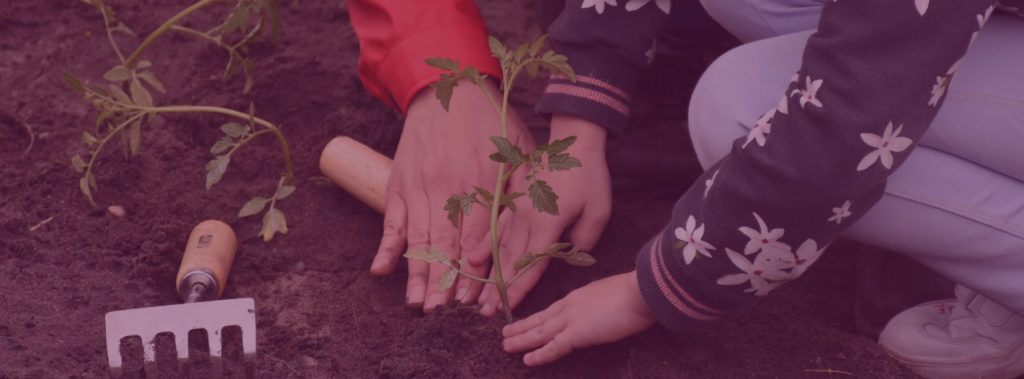
Henrique, Isabel, Julia, Lorena, Nelson and Sophia








